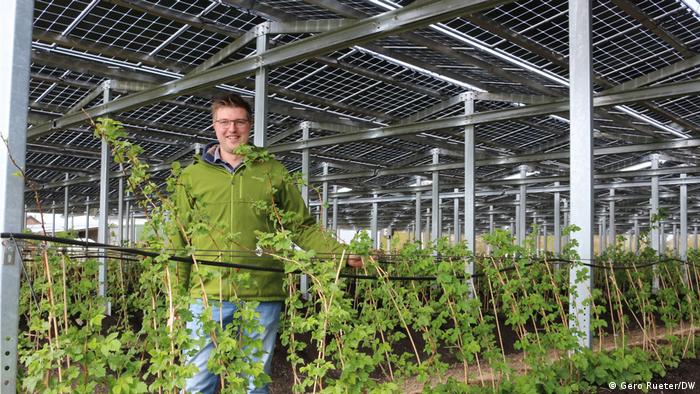From Keke Nnaemeka, Abuja
The sudden push to reduce Europe’s dependence on Russian gas and oil could trigger a paradigm shift to clean energy sources that might be quickly scaled up.
Europe has been pushing gas and nuclear as an essential part of the energy transition from carbon-heavy fossil fuels like oil and coal. But since Ukraine was invaded, Europe’s dependence on Russian gas has inspired a sudden push for energy independence, especially via renewables.
German Finance Minister Christian Lindner, of the neoliberal FDP, now calls renewables “freedom energies,” while Chancellor Olaf Scholz labels them “crucial for our security.”
“The faster we push ahead with the expansion of renewable energies, the better,” Scholz said a few days after the invasion.
Yet, at the moment, Germany is reliant on Russia for both oil and at least 50% of its gas. Reliant to the tune $700 million (€640 million) a day, according to some estimates. The percentage was higher but Russia has been reducing its piped gas supplies to Europe since last year, noted the International Energy Agency in a recent report.
In response, the Stand with Ukraine coalition, comprising hundreds of organizations worldwide including environmental groups Greenpeace and 350.org, has called for a ban on Russian energy imports. It went one step further by calling on world governments to end fossil fuel production — and to “manage the transition to a clean and safe renewable energy in a way that is fast and fair.”
“Putin has deliberately weaponized fossil gas to increase his existing energy dominance over the European Union,” stated the coalition when publishing a letter Friday to “end global fossil fuel addiction.” They added that gas and oil were employed by Putin “to fuel terror with escalating violence, underscoring the fossil fuel system’s role in driving conflict.”
Noting that 40% of Russia’s federal budget comes from oil and gas — which also comprise 60% of Russian exports — the coalition has called for “bold steps towards the radical decarbonization of our societies.”
The release of a damning IPCC climate report on Monday gave further incentive to bring forward the clean energy transition.
But do we have the means to fast-track renewables expansion?
Diversification or decarbonization?
The question of energy independence remains divided between two camps: should self-sufficiency come from other local or “friendly” gas, or even nuclear sources, meaning diversification; or through more ambitious energy independence achieved via local clean energy supplies such as wind and solar, which is to say decarbonization?
This split was evident in the International Energy Agency’s detailed 10-point plan, released on Thursday, to reduce EU reliance on Russian natural gas by next winter.
While the plan focuses partly on decarbonization through greater renewable uptake, it also demands greater gas diversification — and proposes temporarily delaying the shutdown of five nuclear reactors in Europe.
“In the short-term, the only real option is to diversify,” said David Victor, a professor of innovation and public policy at the School of Global Policy and Strategy at the University of California San Diego.
While he is confident that renewables can be scaled up in the medium term, especially offshore wind, he says political resistance to large-scale wind farm sites, for instance, will hold back significant expansion in the more immediate future.
“I don’t see governments realistically removing those obstacles,” he explained, referring to an unavoidable public backlash.


